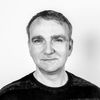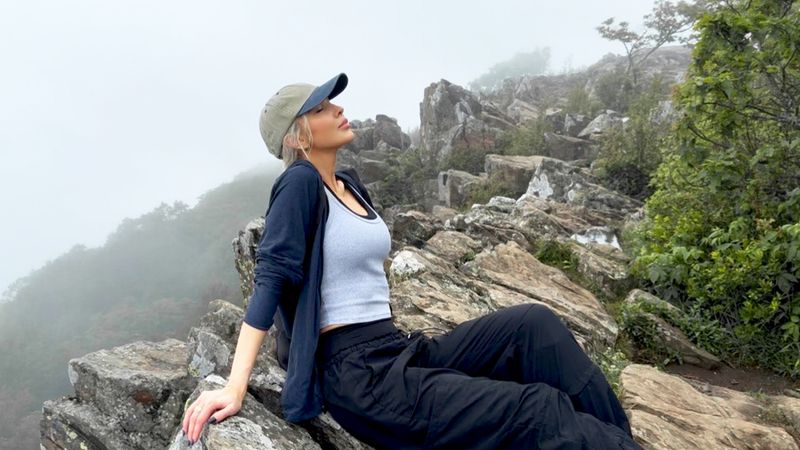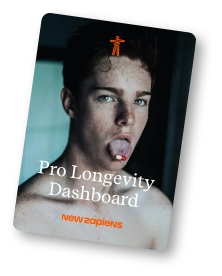Pressing pause on aging?

A ton of hype—and equally high hopes.
What’s going on
From high-profile Instagram influencers to billionaire investments, the quest for a “fountain of youth” is big business. US tech entrepreneur Bryan Johnson claims to swallow more than 100 pills a day, while research teams worldwide test potential “longevity” drugs—think rapamycin, metformin, senolytics, or GLP-1 receptor agonists.
Key takeaways
- Lifestyle still reigns: Studies repeatedly show that not smoking, limiting alcohol, getting enough sleep, and eating a balanced diet can add years—even decades—to one’s life.
- Genes vs. pills: Many dream of a simple longevity pill, but genes and healthy habits usually have a stronger impact.
- Blue zones and centenarians: Places like Okinawa or Sardinia boast unusually high numbers of 100-year-olds—though skeptics argue administrative errors may inflate these stats.
- Money and skepticism: From NAD+ or glutathione IV drips to plasma infusions, countless “anti-aging” offers exist—but most lack solid human trial evidence. Experts warn against overstated promises.
Why it matters
Whether you call it geroprotection or anti-aging, halting the aging process has gripped humanity for centuries. Billionaire-backed labs test new therapies, while social media swarms with expensive “youth-restoring” treatments. But the bottom line remains: basic healthy habits often outweigh any miracle cure.
Looking ahead
- Extending “Health Span”: The goal isn’t just to live longer, but to live better, avoiding debilitating diseases in old age.
- A pill vs. ice baths?: Future meds might slow aging’s clock—though their real-world impact is yet unknown.
- Societal implications: Lifespans are rising, as are the years spent in poor health. Policymakers and scientists hope new therapies can compress those frail years—worth billions if proven effective.
Author: Volker Blasek
Volker Blasek is a technical editor with a background in horticulture, fueled by a volunteer year on an organic farm. His passion for nature and conservation, paired with his expertise in psychology and science, shapes his engaging and thoroughly researched content. As a medical editor, he has authored over 3,000 articles on topics such as nutrition, diseases, symptoms, naturalopathy, and home remedies, delivering insightful and accessible reporting for a wide range of audiences.




